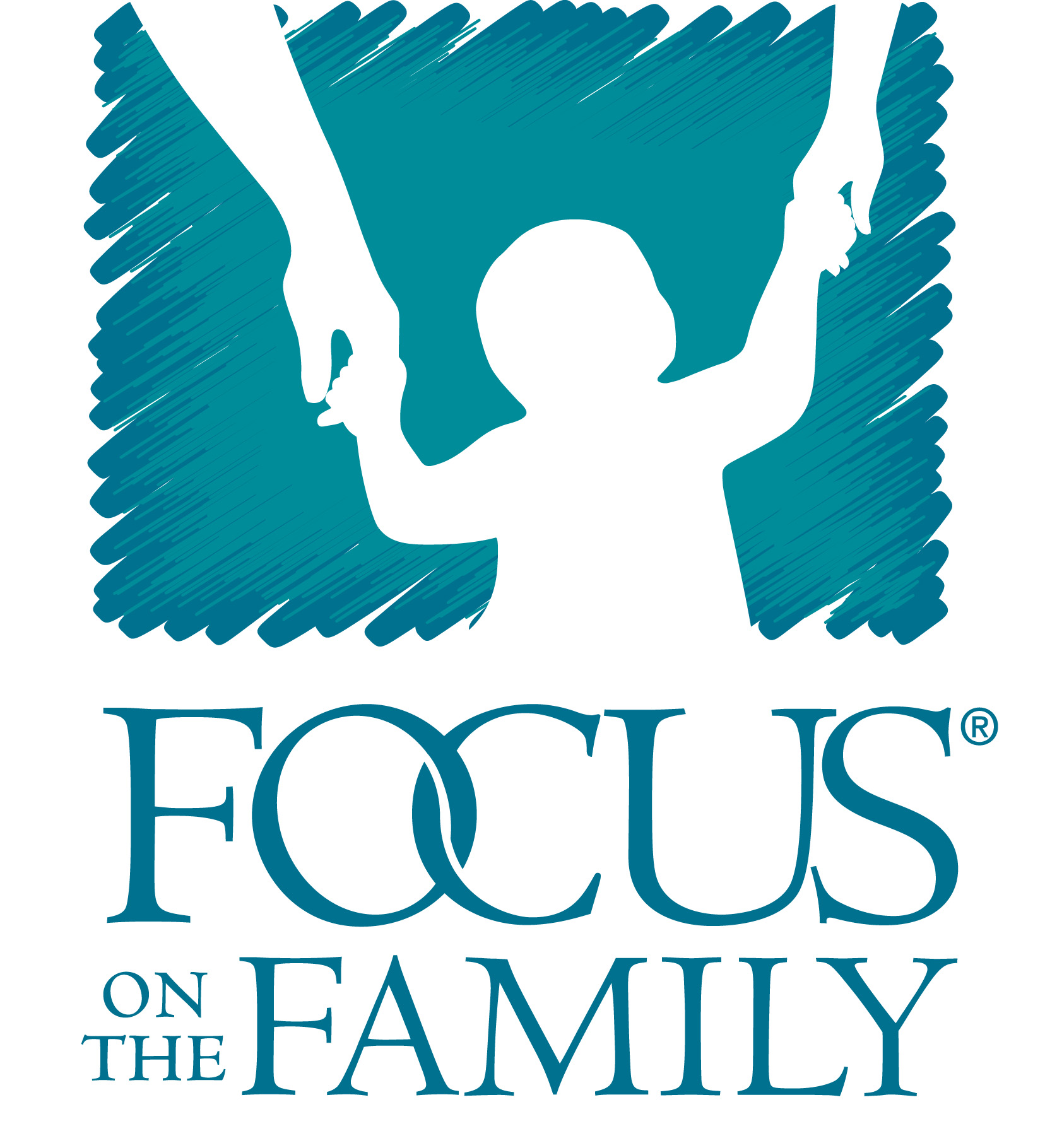“The Lord is my high tower . . . . We left the camp singing.” On September 7, 1943, Etty Hillesum wrote those words on a postcard, then threw it from a train. Those were the final recorded words we would hear from her. On November 30, 1943, she was murdered at Auschwitz. Later, Hillesum’s diaries of her experiences in concentration camps were translated and published. They chronicled her perspectives on the horrors of Nazi occupation side by side with the beauty of God’s world. Her diaries have been translated into sixty-seven languages—a gift to future generations who would read and believe the good as well as the bad.
The apostle John did not sidestep the harsh realities of Jesus’ life on earth; he wrote of both the good Jesus did and the challenges He faced. The final words from his gospel give insight into the purpose behind the book that bears his name. Jesus performed “many other signs . . . which are not recorded” (20:30) by John. But these, he says, were “written that you may believe” (v. 31). John’s “diary” ends on the note of triumph: “Jesus is the Messiah, the Son of God.” The gift of those gospel words allows us the opportunity to believe, and “have life in his name.”
The gospels are diary accounts of God’s love for us. They’re words to read and believe and share, for they lead us to life. They lead us to Christ.
Source: Our Daily Breat
 Focus on the Family
Focus on the Family  Baptist Bible Hour
Baptist Bible Hour